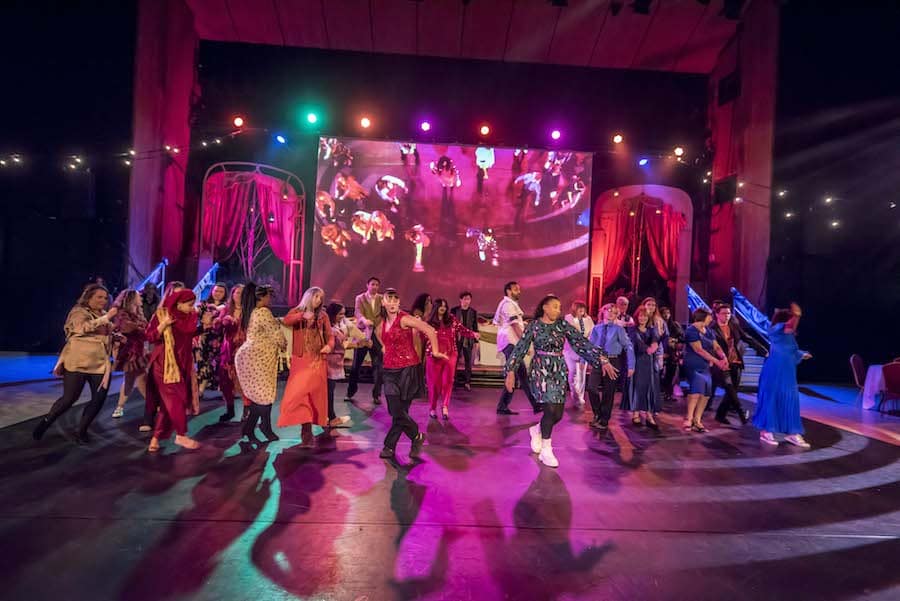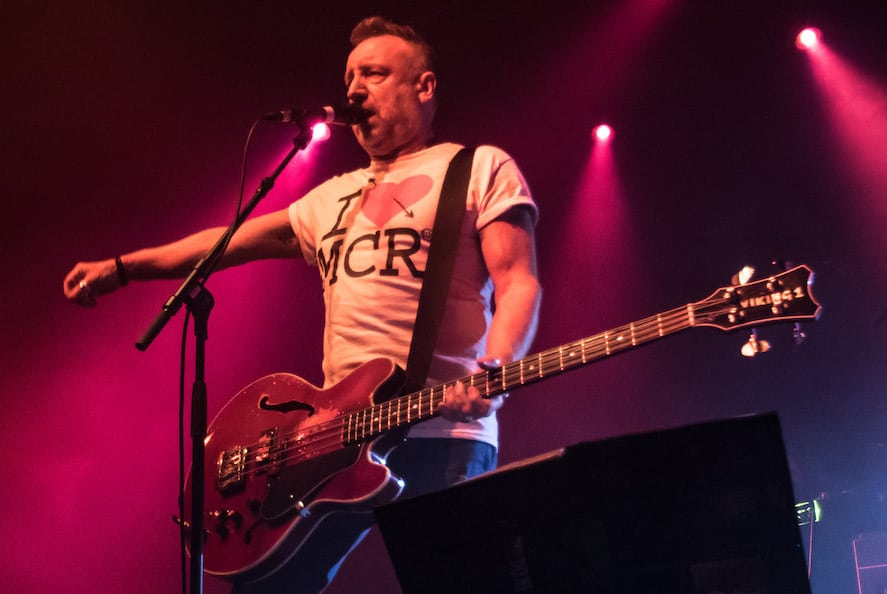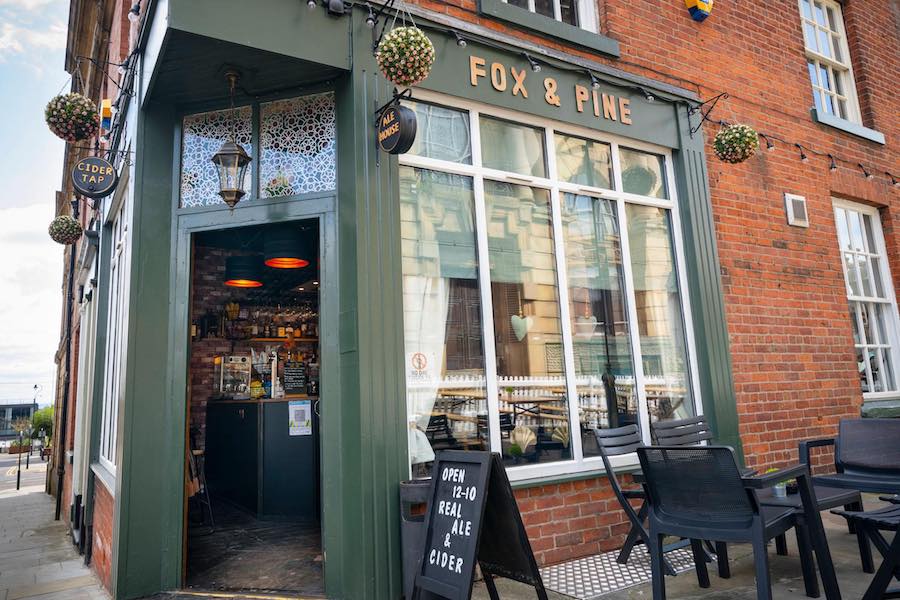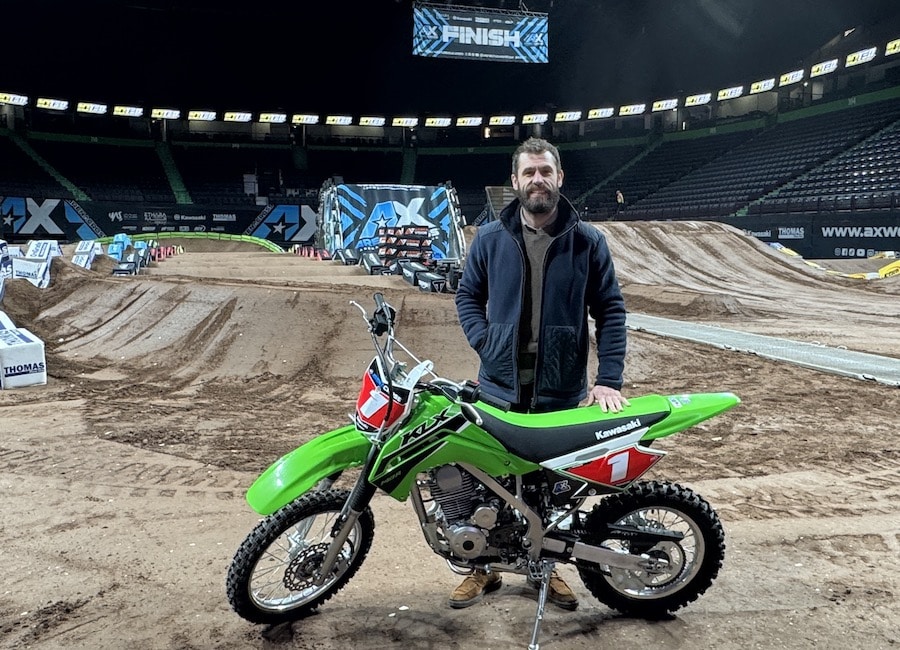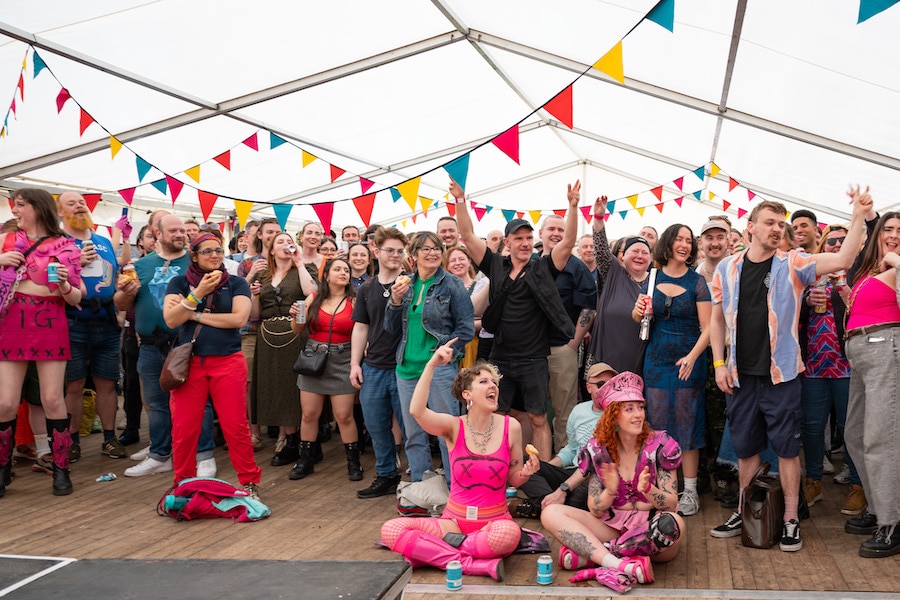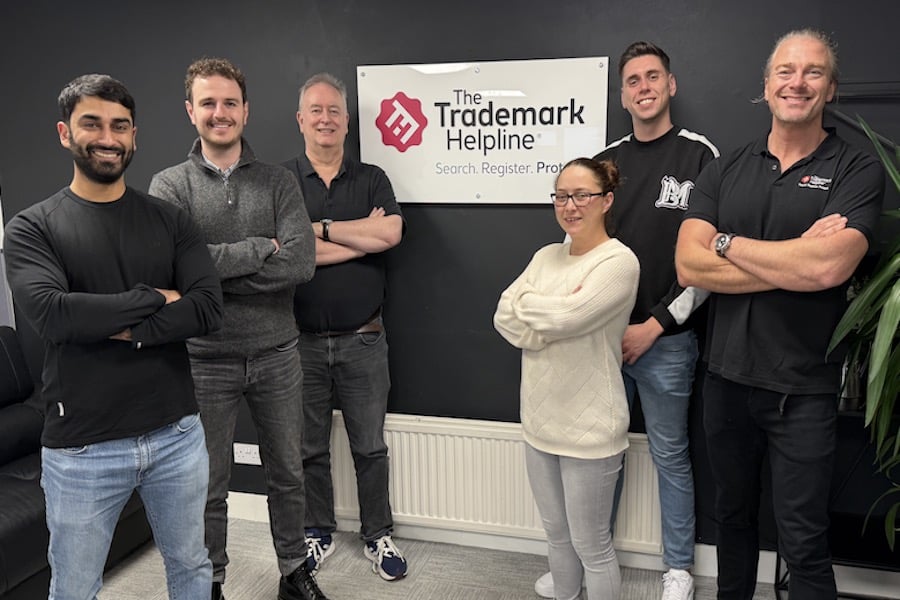Royal Northern College of Music graduate Camilla Seale talks about the new operetta heading to the Lowry
- Written by Glenn Meads
- Last updated 2 years ago
- City of Salford, Events, Opera, Theatre
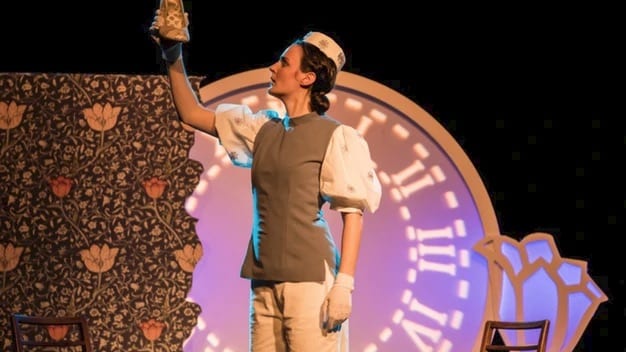
Camilla Seale is a Mezzo Soprano and she graduated from her Masters at RNCM last year.
She came to music at an early age, signing with cross-over group, Angelis under Sony BMG. She is about to play Prince Charming in Buxton International Festival’s performance of Pauline Viardot’s operetta, Cinderella which is touring to the Lowry next month.
This is a miniature operetta, sung in French with English subtitles with a run time of 70 minutes with no interval is perfect for families. We caught up with Camilla to find out more.
What does this opera offer to families even if they have never seen one before?
For starters it’s a very loveable story with recognisable characters, in which true love and open-heartedness triumph over greed and selfishness. Woo! It’s also a very light-hearted piece, and just over an hour – which, for an opera is thrillingly short. In that sense it’s ideal for smaller people, and those who aren’t familiar with what ‘opera’ might offer.
When I have brought friends to see me perform in the past who like music, but don’t listen to much classical stuff, they sometimes talk about the sound of classical singing itself, which is very different to pop singing, and is quite an impressive thing to hear live. I have to confess that I don’t really enjoy listening to classical singing on recordings – it really is a live art form, because it is so physical – and it’s really something to experience that kind of sound first hand, and breathe with it.
Why do you feel it’s important for opera to keep evolving?
Every art form should keep evolving – it’s part of human creativity. If an art form is evolving, it means we are asking ourselves new questions as a society as things change around us. I spent a long time listening to Kendrick Lamar’s album To Pimp a Butterfly when it came out, and was so entranced by his mixing of jazz, gospel, dialogue, rap – to me, his practice is constantly evolving, a sign of a true artist.
The challenge for opera (particularly if we want to pay artists properly) is that it quickly becomes an expensive live art to put on, and therefore financially risky. Also, it involves a huge number of different creative Individuals to come together successfully. So, well known operas are often put on more frequently, as they will guarantee sales.
That said, I’m a real fan of some of the work that has come out of America in particular – which responds to contemporary events, like John Adams’ operas, Jake Heggie’s Dead Man Walking, and Missy Mazzoli’s adaptation of Lars von Trier’s Breaking the Waves.
How did you get interested in this art form?
That’s probably down to my parents, who always liked classical music and played a lot of it in the car. I did a lot of theatre as a kid (including a starring role, aged 10, as bloody Mary in Henry the Tudor Dude) and opera was my way of combining what I liked about music and theatre in one.
What do you love about Manchester?
As a Londoner, the best thing about Manchester for me is being able to escape to the Peak District and say hello to the sheep! Is that a cheat answer?
What would you change about the city?
I moved to Manchester in the pandemic, so I probably have a slightly odd feel for the city in some ways. Something that I would love to have more of in Manchester is common spaces where people can hang out. I grew up near Alexandra Palace (built as a people’s palace) in North London, and I often find myself thinking that apart from libraries, it’s one of the only spaces which is an open invitation to anyone, for any reason, to congregate.
Cinderella is a story well known to audiences. What makes this one different?
It depends which way you look at it. Compared to other opera versions (like Massenet’s or Rossini’s versions) it’s very light-hearted, almost to the point of pantomime. Compared to Disney, it’s pretty different because it has opera singing in it! Pauline Viardot (composer) was 83 when she wrote it, in 1904, for her salon in Paris, but in our version, the singing parts are still in French (with surtitles) and the speaking parts are in English.
My character – Prince Charming – is perhaps the furthest from stereotypes: it was written for a tenor (high male voice) but I’m a mezzo soprano. In Laura Attridge’s version, Prince Charming is neither particular boy nor girl – more of a dreamer by nature, and as this is a fairy tale, gender doesn’t have to be quite as pressing as the real world. I’ve really enjoyed the freedom of playing this role (which we first performed in 2021 at Buxton International Festival).
What are you looking forward to the most about performing at The Lowry?
To perform in the city I live in! I don’t get to do that every day.
This Buxton International Festival production of Pauline Viardot’s operetta Cinderella is at the Lowry from 3rd – 4th February and can be booked here.
- This article was last updated 2 years ago.
- It was first published on 17 January 2023 and is subject to be updated from time to time. Please refresh or return to see the latest version.
Did we miss something? Let us know: [email protected]
Want to be the first to receive all the latest news stories, what’s on and events from the heart of Manchester? Sign up here.
Manchester is a successful city, but many people suffer. I Love Manchester helps raise awareness and funds to help improve the lives and prospects of people across Greater Manchester – and we can’t do it without your help. So please support us with what you can so we can continue to spread the love. Thank you in advance!
An email you’ll love. Subscribe to our newsletter to get the latest news stories delivered direct to your inbox.
Got a story worth sharing?
What’s the story? We are all ears when it comes to positive news and inspiring stories. You can send story ideas to [email protected]
While we can’t guarantee to publish everything, we will always consider any enquiry or idea that promotes:
- Independent new openings
- Human interest
- Not-for-profit organisations
- Community Interest Companies (CiCs) and projects
- Charities and charitable initiatives
- Affordability and offers saving people over 20%
For anything else, don’t hesitate to get in touch with us about advertorials (from £350+VAT) and advertising opportunities: [email protected]

Strictly high-flying: Kelvin Fletcher trades dance moves for dirt jumps at Arenacross
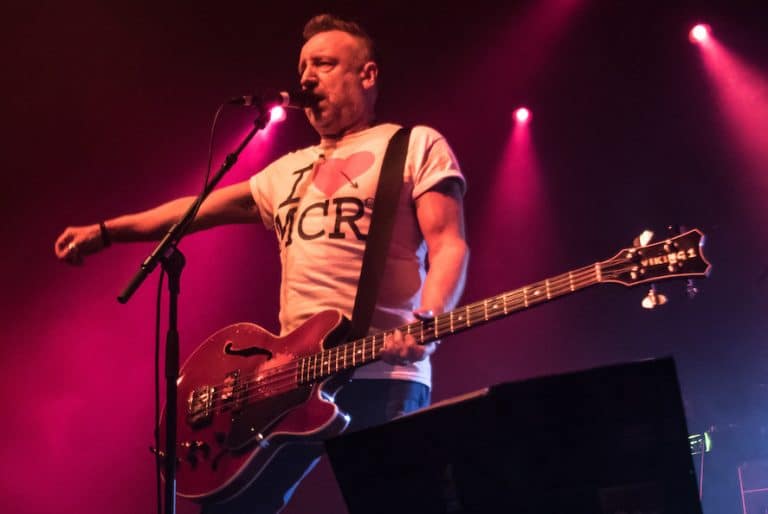
Worker Bee: Meet Peter Hook, legendary New Order and Joy Division bassist
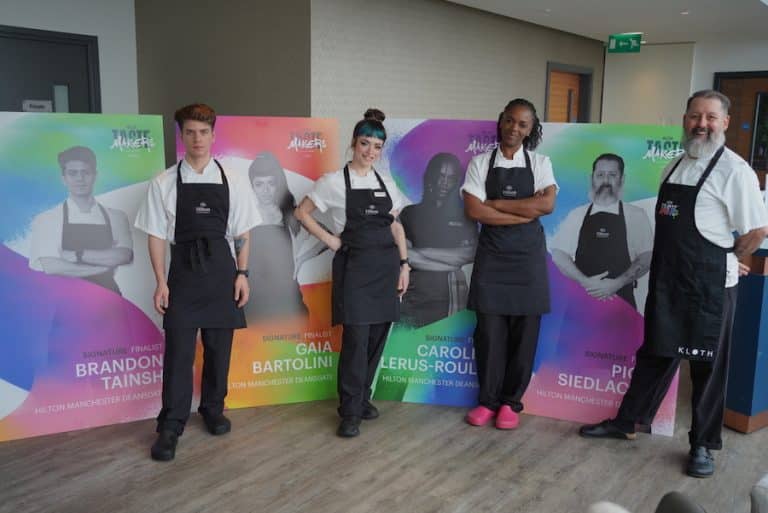
Hilton Manchester Deansgate’s superstar chefs shine on the world stage
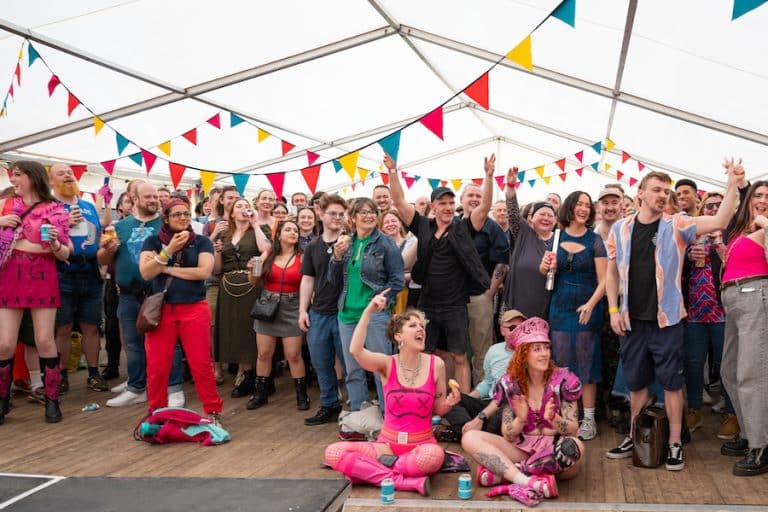
How Sounds from the Other City became the UK’s most unforgettable independent festival
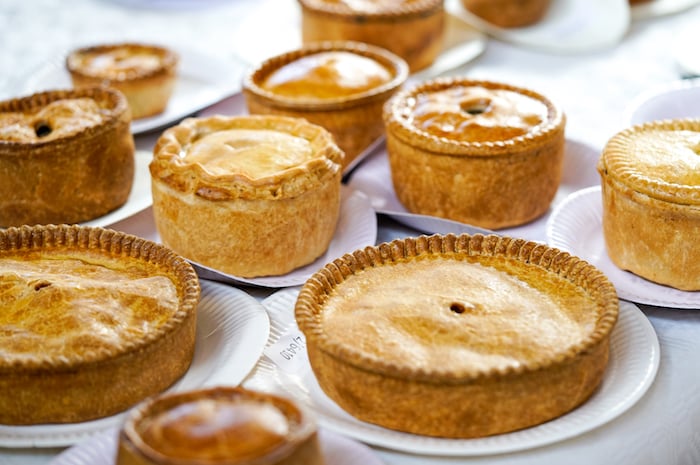
Piehard: where to get the best pies in and around Manchester







